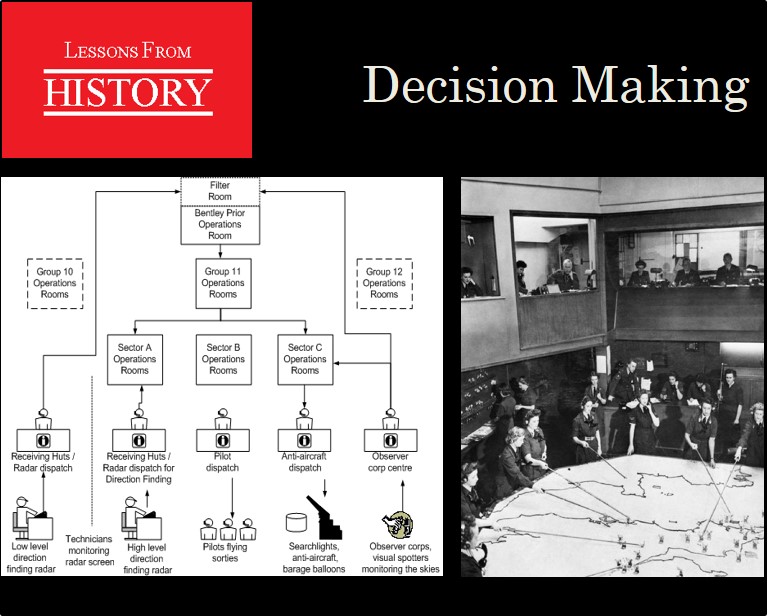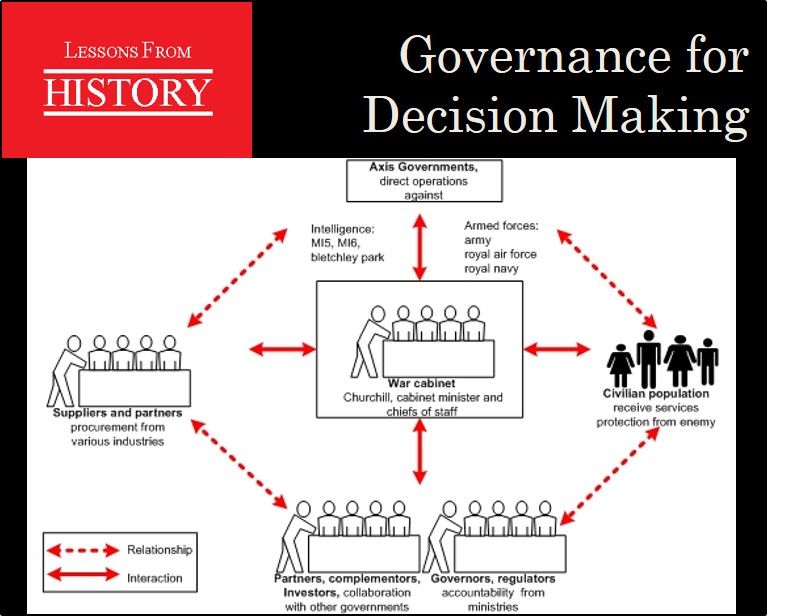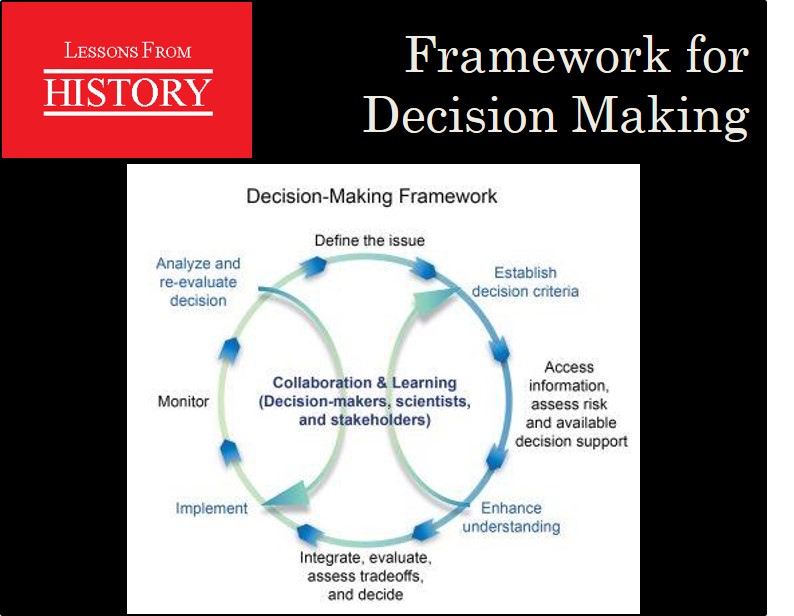LFH Overview
Decision making and skills
 Decision making is a vital component of business success. It is an established academic discipline that centers around a decision making process that starts by the identifying the decision maker(s) and stakeholder(s) in the decision. According to (Harris, 1980)
Decision making is a vital component of business success. It is an established academic discipline that centers around a decision making process that starts by the identifying the decision maker(s) and stakeholder(s) in the decision. According to (Harris, 1980)
Decision making is the study of identifying and choosing alternatives based on the values and preferences of the decision maker. Making a decision implies that there are alternative choices to be considered, and in such a case we want not only to identify as many of these alternatives as possible but to choose the one that best fits with our goals, objectives, desires, values, and so on.
LFH examines the decision making processes in specific historical case studies and discovers the course or sequence of decision making of leaders in projects, campaigns, events. In the context of a historical case study decision analysis is important as it highlight the directions and motivations of leaders.
This analysis is then used in LFH workshops so participants can take on the role of the leader faced with difficult decisions in an exercise in retrospective analysis, and determine how external decisions were made.
The approach uses models and frameworks that inform how leaders made decisions. The models are not just abstract conceptualizations but provide frameworks to analyze historical practices and develop new ones, and then apply to a business context.
For example:
- Roger Bushell – why did he choose to opt for 3 tunnels and thus stretching his meagre resources?
- Winston Churchill – why did he opt for actions at Oran and raid on Berlin in the most difficult period?
- Why did Chief of Staff Eisenhower agree to General Patton defending the Town of Bastogne in an impossible siege situation?
- Why did Julius Caesar continue the siege of Alessi when he was surrounded by a force 10 times size of his forces?
- Why did President Lincoln initiate the Transcontinental Railroad in the middle of a resource hungry civil war?
- What critical project decisions by General Groves led to the completion of the Manhattan project in 1945?
- What were the factors behind initiating the Giza Pyramid project?
Harris, R. (1998) Introduction to Decision Making, VirtualSalt. http://www.virtualsalt.com/crebook5.htm

The benefits of this approach is the workshop helps identify factors in flawed decision making. It also helps determine how decision making can be improved by introducing an improved setting (organization around meetings), or using logical techniques, or evaluating decision making patterns or determining appropriate levels of decision making.

